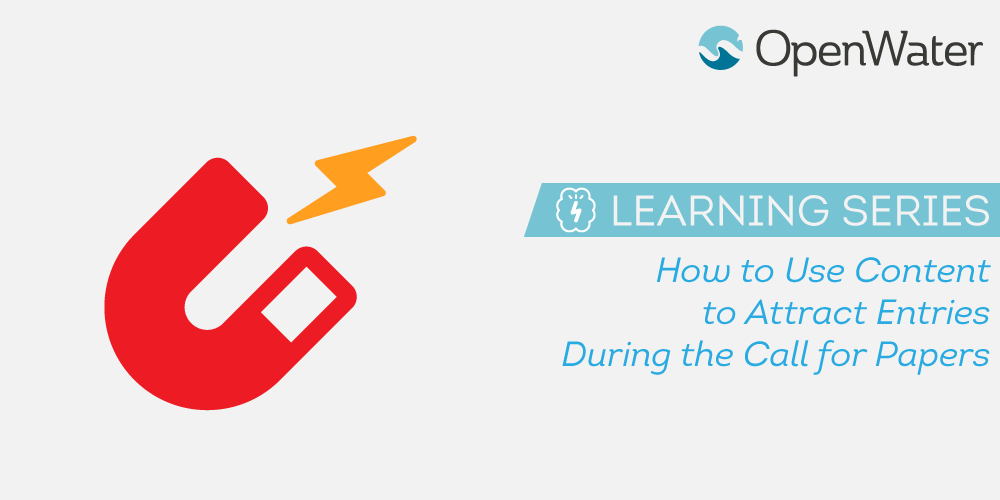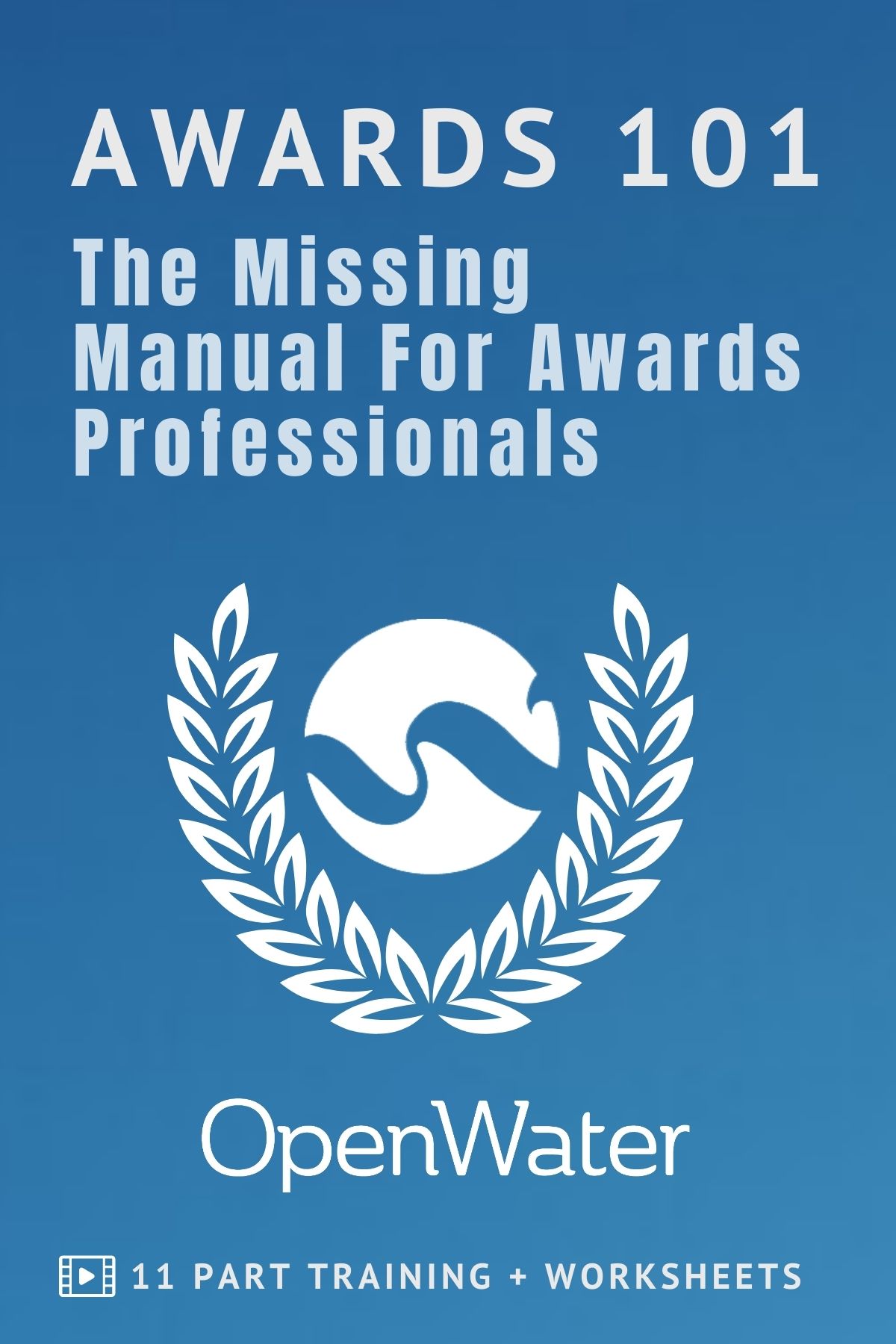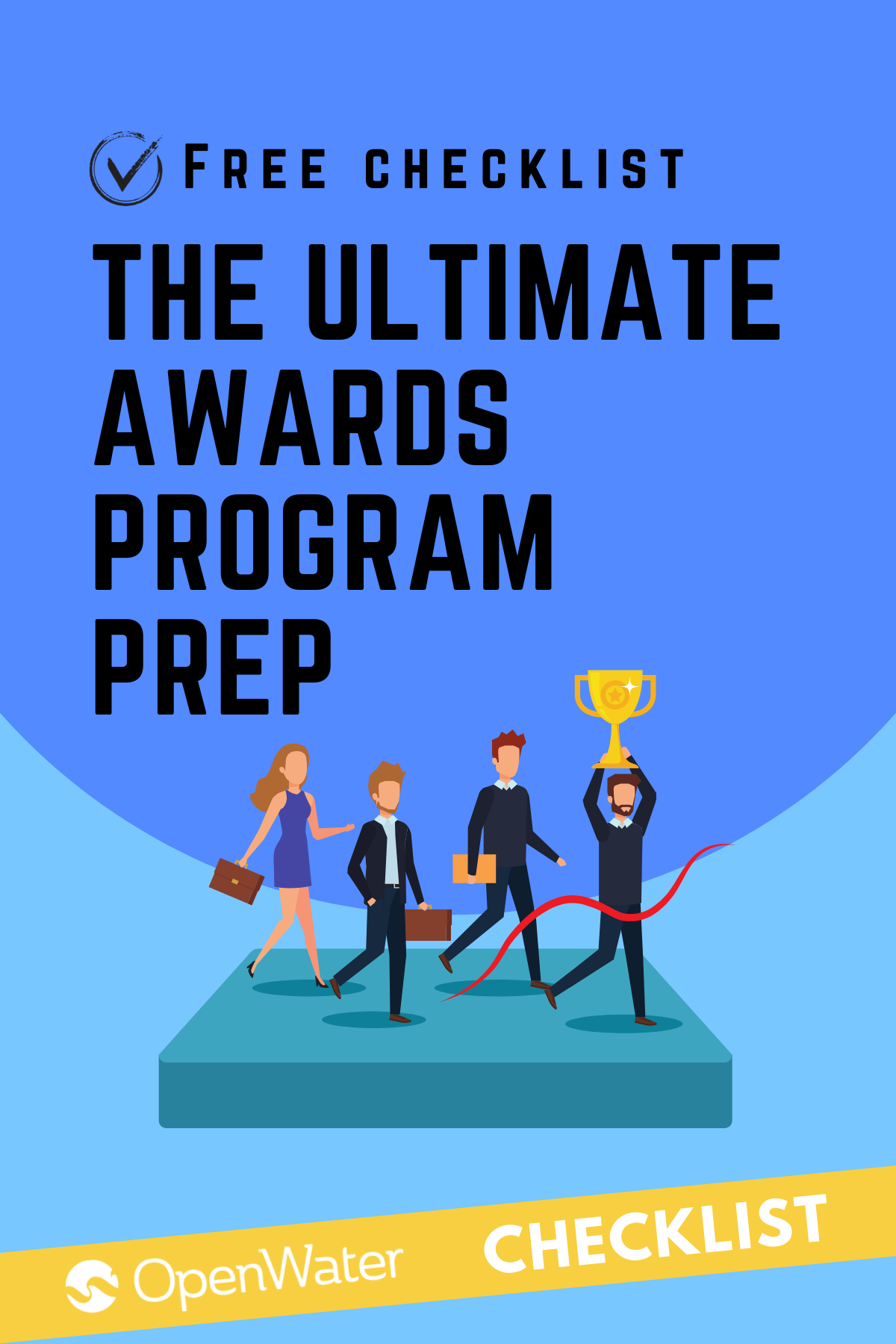
How to Use Content to Attract Entries During the Call for Papers
High-quality content serves a number of important purposes throughout your awards program. However, it’s most useful during your call for abstracts when you’re looking to generate revenue and increase the prestige and appeal of your program.
There are three basic types of content:
- Owned Content – Content you own and control is owned content. Common examples of owned content include your website, blog posts, email campaigns, and social media posts.
- Paid Content – Paid content is the content you purchase. Common examples of paid content include advertising spots, mail-outs, or pay-per click advertisements.
- Earned Content – Earned content can’t be bought. Typically, you earn content by offering value and you’ll get mentioned on social media and in blog posts by other people or entities in return.
In this article, we’ll discuss all three and how they relate to your abstracts conference and, more specifically, your call for papers period.
Owned Content
You already control your website, blog, email strategies, and social media platforms. This offers you a wide range of discretion to broadcast information about your call for papers period, what you’re looking for, and how entrants can submit their abstracts.
You should create a cohesive strategy for all owned content that speaks to the native language on each platform. For example, emails should be succinct and include a call-to-action to drive traffic to your website. In contrast, Facebook should showcase photos that grab attention and then direct traffic to your website.
Understanding how to own all of your owned content platforms is a simple way to increase conversions by putting your content – in all forms – front and center. And remember, owning your owned content is as simple as understanding which content works best on which platforms and how you can adapt to promote your call for papers using content you already have (or create specifically for the occasion).
Paid Content
Paid content means placing information about your call for papers in newspapers, industry magazines, websites, and even in search engines through pay-per-click ads. While it’s true that the use of paid content has greatly decreased since the advent of inbound marketing, you can still use paid content to strategically place your organization – and abstracts conference – in front of relevant audience members.
Your paid content should focus on demonstrating the value you offer and essentially what makes your abstracts conference “worth” the effort. You’ll need to approach this differently depending on your conference, industry, and goals but should always keep your target audience in mind to ensure you aren’t creating ads that aren’t likely to resonate with your audience.
Earned Content
Earned content is your goal: It’s the best way to generate meaningful, authentic conversations online and to do so without having to seem as if you’re being pushy or forcing entrants to consider your competition, should they not want to.
You should seek earned content endorsements from other fellow organizations, colleagues, notable professionals, and anyone or anything else that offers a valid, respected perspective in your industry. Most often, this means you’ll create value-driven content regarding your conference, what to expect, or how to make the most of it. When this is published prior to or during your call for papers, more entries are certain to follow.
Remember, you can always reach out to attendees, sponsors, exhibitors, speakers, and subject matter experts to facilitate earned content. This is often the simplest way to build relationships and ensure your content gets in front of new audiences without having to sit back and wait or hope that it happens.
Use All Kinds of Content to Make Your Call for Papers a Success
By using each of the three kinds of content, you can put your call for papers in front of more audience members and increase the success of this year’s conference. Moreover, you can build up your organization’s online presence, which is a benefit that will last long after the call for papers has ended.

